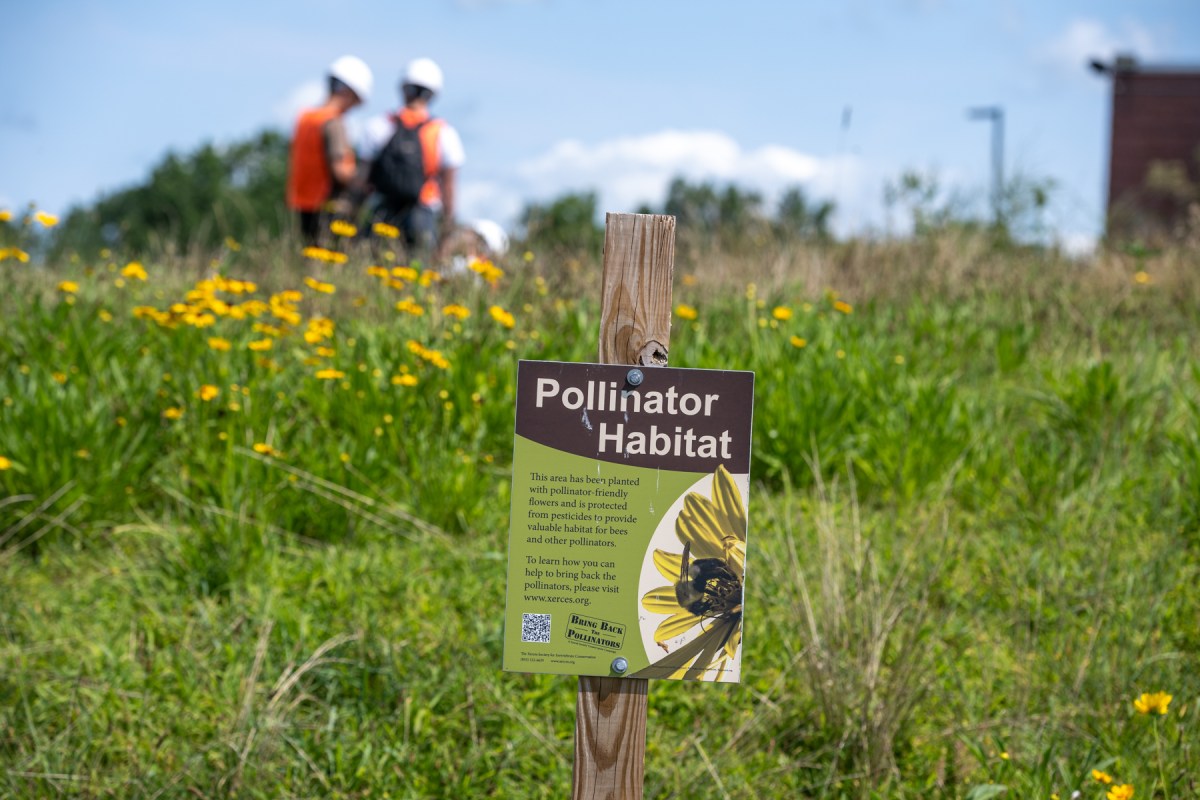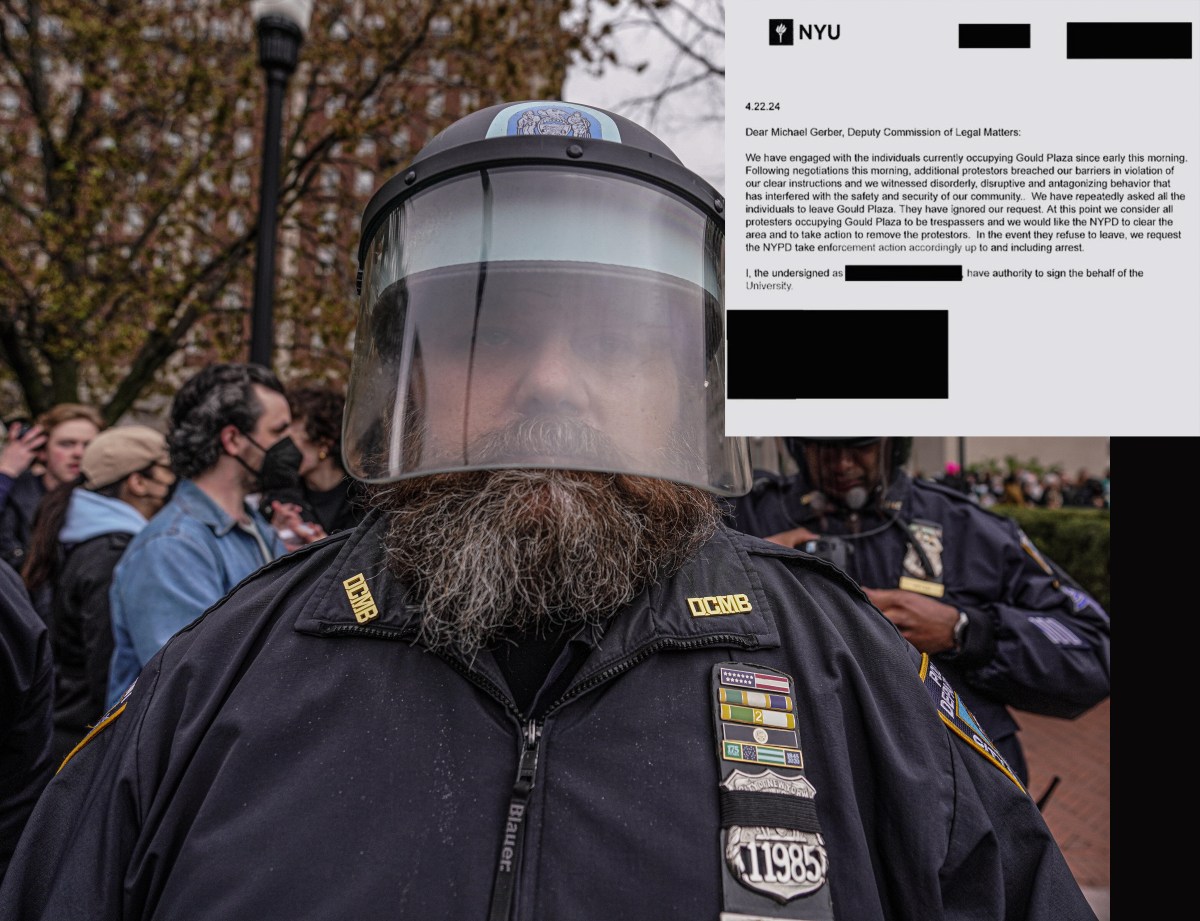 Kieron Monks and the ingredients for his Soylent paste: oats, butter, potassium, whey protein, mixed calcium-magnesium-zinc, salt, crushed multivitamin.
Kieron Monks and the ingredients for his Soylent paste: oats, butter, potassium, whey protein, mixed calcium-magnesium-zinc, salt, crushed multivitamin.
Credit: Metro World News
The power of the paste courses through my veins as I drink. I can feel my vision sharpening, my mind racing and renewed physical strength. This glass of sand-colored sludge holds the power of transformation.
That’s the theory behind an innovation from biohacker Rob Rhinehart called Soylent – the name comes from a 1970s science fiction movie in which the title substance is made from humans. Rhinehart’s Soylent is less sinister, combining every nutrient the human body needs each day, according to the Food & Drug Administration, in a single dose of supercharged paste.
The recipe is publicly available and has rapidly secured $500,000 in crowdfunding for mass production, so it’s time for me to play guinea pig. I hunt the health food and fitness stores of central London for the pills, powders and grains that make up a daily intake, while shopkeepers eye me with suspicion.
At Metro HQ I blend precise measurements of each ingredient together, to the disgust of my colleagues. The resulting paste barely escapes the glass as it is so thick, and when it does I regret it: the taste a sickly clash of salty, sweet and alien. But suddenly the vitamins and minerals kick in, and I can understand Rhinehart’s plan a little better.
“I’m not sick of it,” the creator promises. “This is about utility that you can live on. Most people don’t need gourmet meals all the time; most of the time it’s taking care of need.”
The San Francisco-based entrepreneur, 25, put himself through a three-month trial subsisting only on Soylent, adjusting the recipe as he went. Not only did Rhinehart survive, he is “measurably healthier. I can run farther; I’m not stressed. My favorite part is cognition: I feel sharper and have more mental energy.”
There is no external measure to prove this, but the social and environmental benefits are convincing. No food waste or litter. No need for a refrigerator or farm animals, and it could be a lifesaver in food-insecure areas. “I’m optimistic that new forms of food can make a big difference in a lot of people’s lives,” says Rhinehart.
Neither is he attacking food as pleasure. “I really enjoy it for the taste now and don’t have to worry about nutrition.”
His experiments have been criticized by dietary experts, with many refusing to even discuss Soylent. “You can’t replace food because the elements work together,” New York-based dietician Laura Cipullo tells Metro. “The health benefits of carotene didn’t work outside of a carrot.”
Cipullo adds that humans benefit from variety of diet, and would likely gain weight from supplementing the high-calorie paste with extra treats. Further, daily requirements drastically vary, and mismanaged doses of vitamins could prove toxic.
Rhinehart is not worried. “I’ve poisoned myself before and I would do it again. I am fully committed.” His empire is set to expand with overseas imports, new staff members and recipe innovations.
I’m just happy my experiment ends tomorrow.
What is Soylent?
Here are the ingredients of Rhinehart’s product, but be warned that overdosing even on beneficial ingredients can be dangerous.
Carbohydrates (200 grams)
Protein (50 grams)
Fat (65 grams)
Sodium (2.4 grams)
Potassium (3.5 grams)
Chloride (3.4 grams)
Fiber (5 grams)
Calcium (1 grams)
Phosphorus (1 grams)
Iron (18mg)
Iodine (150ug)
Magnesium (400mg)
Zinc (15mg)
Selenium (70 ug)
Copper (2mg)
Manganese (2mg)
Chromium (120 ug)
Molybdenum (75 ug)
Vitamins: A (5,000 IU) B6 (2mg) B12 (6 ug) C (60mg) D (400 IU) E (30 IU) K (80 ug) Thiamin (1.5mg) Riboflavin (1.7mg) Niacin (20mg) Biotin (300 ug)
Pantothenic Acid (10mg)
Ginseng
Ginkgo Biloba
















